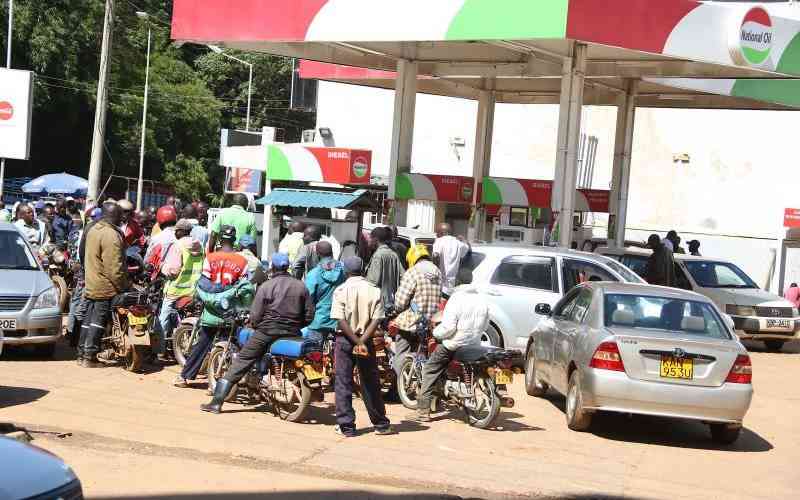×
The Standard e-Paper
Home To Bold Columnists

Oil imports under a new State-backed system designed to cut pressure against the dollar have started trickling into the country in what will put to test the new government's plan to tame the restless shilling.
The imports started getting in last week, and the fuel will be used in the next pricing cycle by the energy regulator.







